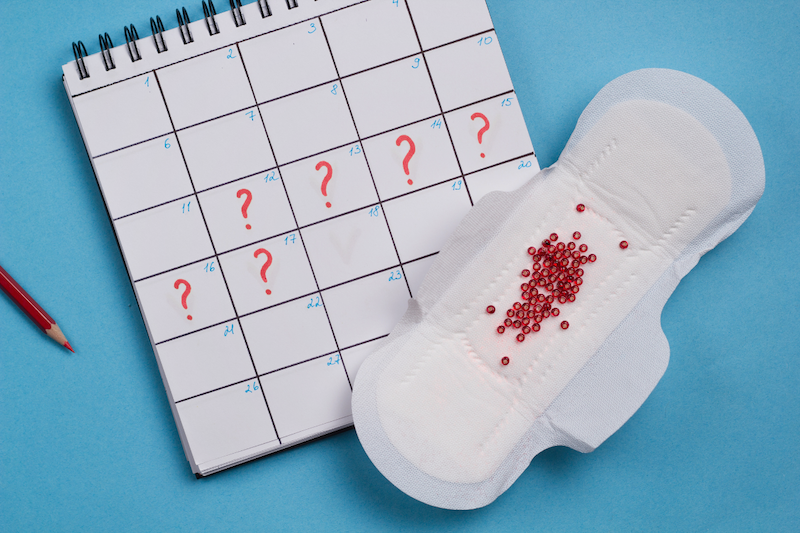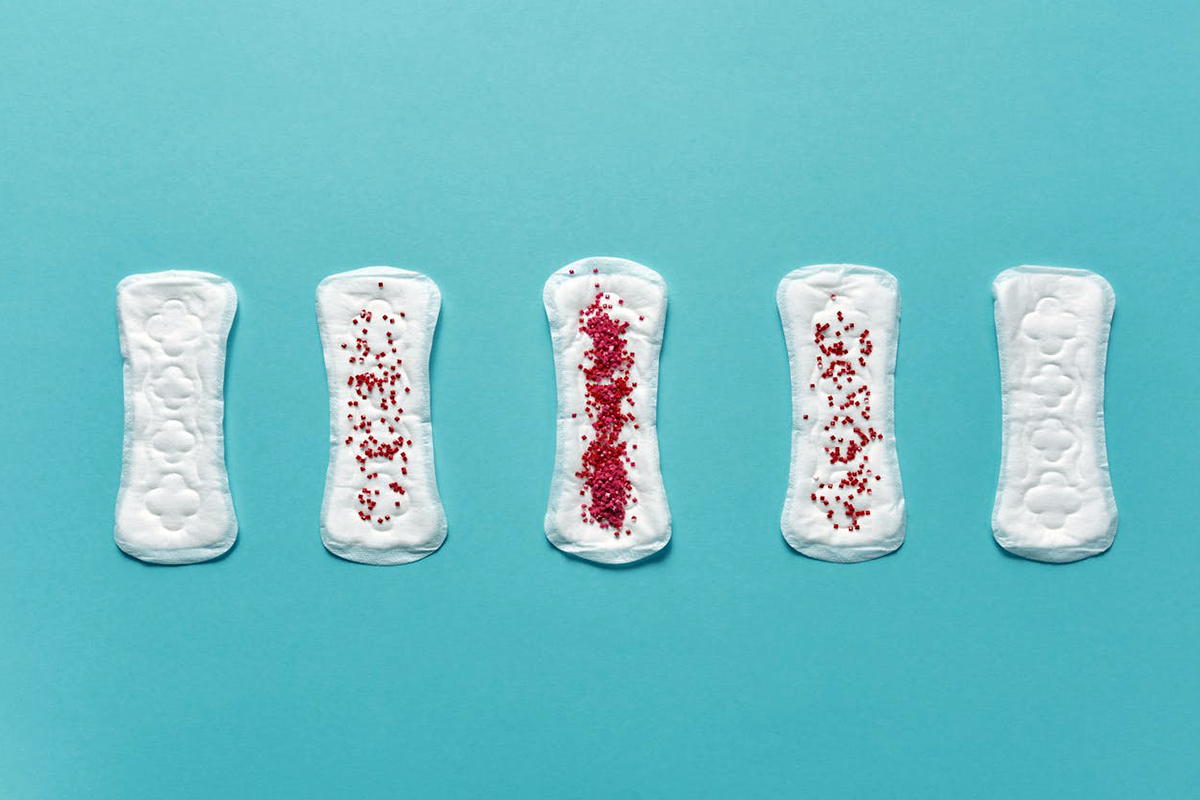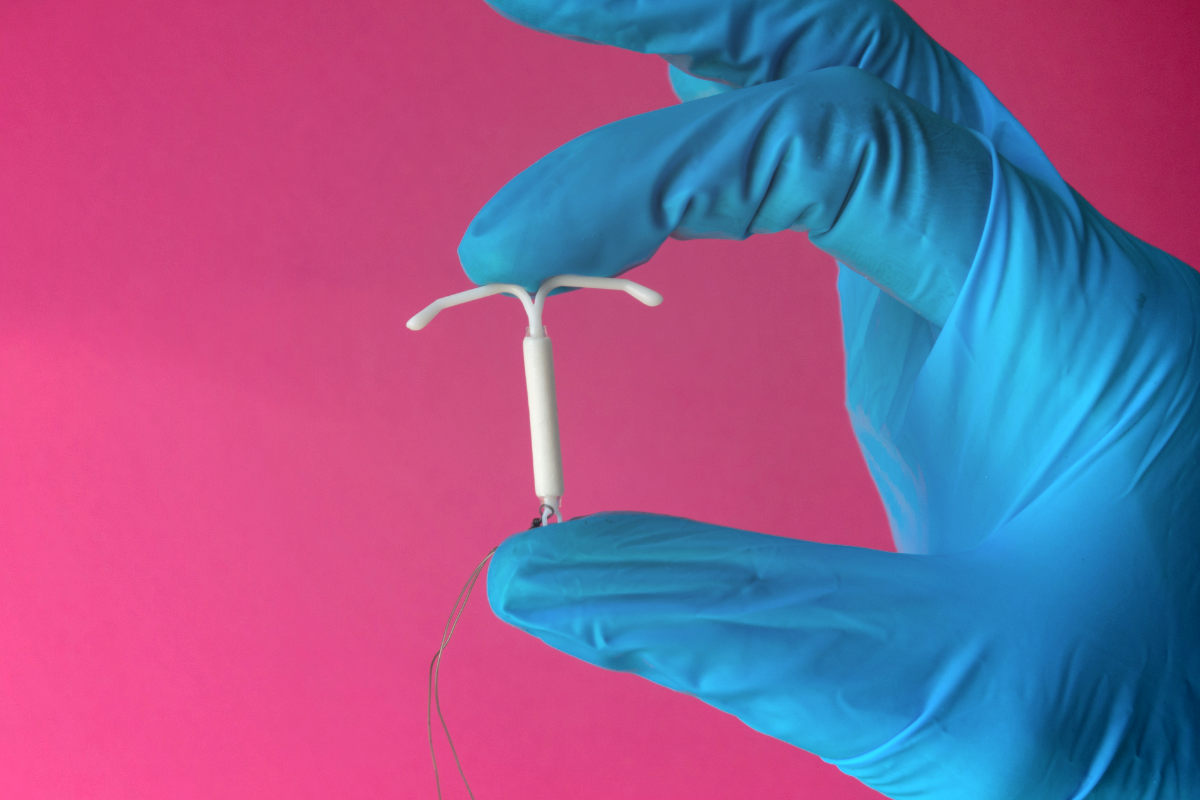I’m 37 and it’s been nearly a year of very irregular periods. My last cycle was 88 days. You’ve written about this before and mentioned 90 days as the threshold for speaking to a doctor. I’ve done a ton of blood work and an ultrasound to rule out signs of perimenopause, and I have a follow-up with my GYN coming up, but I’m curious if you’ve seen other reasons for this? I haven’t used any form of birth control since 2018.
—Anonymous
Except in a few situations, women under age 45 should have regular periods every 21 to 35 days. If you have been reading Hot Flash for a while, you know that my physician colleagues and I recommend seeking an evaluation with your doctor if your periods are irregular and you are under age 45. This is for two reasons.
First, primary ovarian insufficiency, defined as having your last menstrual period before age 40, and early menopause, defined as having your last period between age 40 and 45, carry some increased risks for health problems such as heart disease later in life. If your irregular periods are a sign of perimenopause, we would like to proactively take steps to reduce your risk for those long-term health outcomes.

Second, there are a number of other endocrine issues that can lead to irregular periods. Identifying and treating those issues can regulate your periods and any other symptoms that might be related. In training, we are taught that the first step is always a pregnancy test. Some of my patients are surprised by this, but doing a complex and expensive workup but missing an unexpected pregnancy is less than ideal. Once pregnancy has been ruled out, we specifically look for a number of other problems, including an over- or underactive thyroid, elevated levels of the hormone prolactin, high male hormone levels that may be a sign of polycystic ovary syndrome, and, depending on other signs and symptoms, elevated cortisol levels.
At what point do we say that your periods are irregular? You do not have to go 90 days without a period before contacting your doctor. Periods are irregular when cycles vary in length by more than seven days from the first day of one period to the first day of the next. For example, if you have a 24-day cycle, then a 35-day cycle and then a 28-day cycle, that is an irregular period. Periods are also irregular if they are shorter than 21 days or longer than 35 days from the first day of one period to the first day of the next. An evaluation of your irregular periods would be warranted in any of those situations.
So where does that 90 days come from? From different concepts. If your periods were regular and suddenly you stopped getting a period (and you are not pregnant), it would be reasonable to reach out to your doctor after 90 days. This is because women who routinely go more than 90 days without a period have an increased risk of endometrial cancer later in life. Similarly, if you were on a birth control pill or had a progestin-eluting IUD and you stopped the pill or had the IUD removed and then didn’t get a period again, it would be reasonable to reach out after 90 days. This is because most women will have resumed regular periods within 90 days of stopping hormonal birth control.
Ultimately, women under age 45 should have regular periods every 21 to 35 days except under certain circumstances. If your periods are irregular or suddenly absent for more than 90 days, you should be evaluated for signs of perimenopause and other endocrine causes of irregular periods, such as hypothyroidism.
Community Guidelines




















Log in